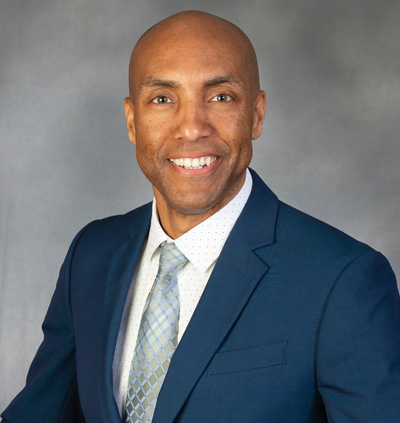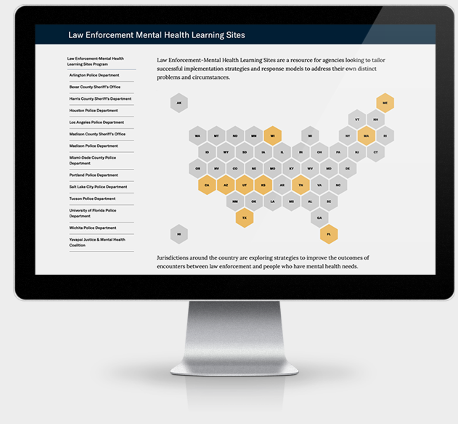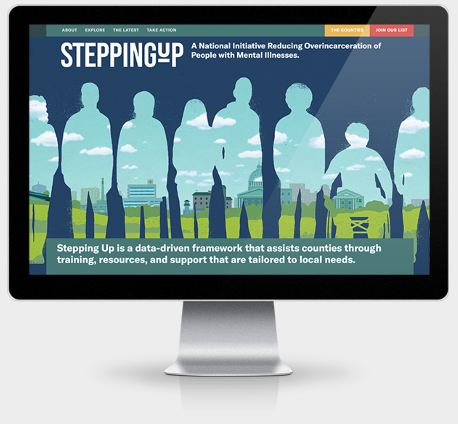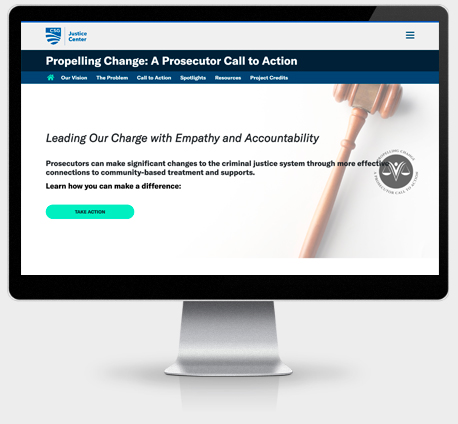
From first contact to reentry, the Justice and Mental Health Collaboration Program (JMHCP) supports criminal justice and behavioral health systems across the country as they safely divert people from the justice system and increase access to mental health treatment, innovative crisis services, housing supports, and more. Learn about the cross-system, collaborative work that JMHCP supports.

Across this nation, communities are forming critical partnerships among their criminal justice and behavioral health systems for one common goal: connecting more people to treatment and reducing their contact with the justice system. BJA is privileged to support this work at every point in the criminal justice system through the Justice and Mental Health Collaboration Program (JMHCP). For more than 15 years, JMHCP has been at the forefront of building equitable and effective diversion opportunities, innovative services, and reentry systems that center each person’s needs.
Karhlton F. Moore, Director, U.S. Department of Justice’s Bureau of Justice Assistance (BJA)
Highlights
Initiatives
JMHCP supports several nationwide initiatives that can help communities improve their crisis responses, public safety efforts, and criminal justice and behavioral health system partnerships. Read more about these initiatives:

Law Enforcement-Mental Health Learning Sites
15 law enforcement agencies with effective mental health partnerships serve as a resource for other departments.

Stepping Up
A national initiative to reduce the number of people in jail who have a mental health condition.

Propelling Change
A national call to action for prosecutors to support connections to community-based treatment and supports.
Issue Areas
People with mental health conditions, co-occurring substance use disorders, and intellectual and developmental disabilities are overrepresented in the criminal justice system. But communities around the country are working to change that reality. JMHCP builds bridges across systems and helps community leaders come together to expand opportunities for diversion at every point in the justice system and ensure that treatment, housing, and other supports are readily available. Select a specific issue area to learn more about how JMHCP is working to support positive reforms.



